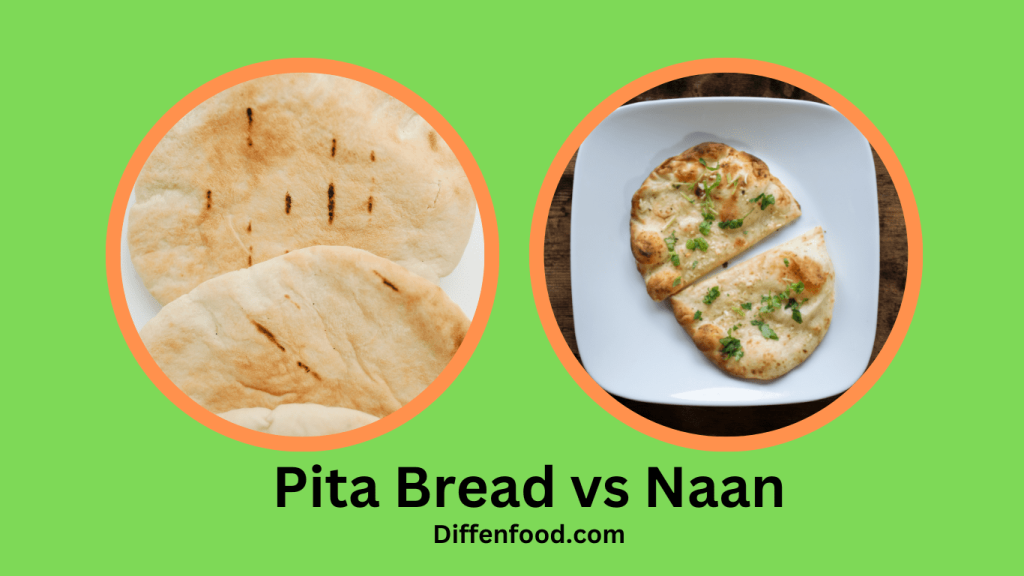In recent years, coconut oil has become increasingly popular in the health and wellness sector. This versatile substance is used in cooking, baking, skincare, and haircare products. However, not everyone can use coconut oil, as it can be an allergen for some people. So, what are the best substitutes for coconut oil?
In this comprehensive guide, we’ll explore the top contenders for a suitable alternative to coconut oil. We’ll look at the properties and benefits of each product, and the potential drawbacks of each. Ultimately, you’ll be able to make an informed decision about which one is the best substitute for your needs.
Olive Oil
Olive oil is an excellent substitute for coconut oil when it comes to cooking and baking. It is made from the pressing of ripe olives and is a staple in Mediterranean cuisine. It has a distinct flavor and aroma that can enhance many dishes. Olive oil is also rich in monounsaturated fatty acids, which can help to reduce inflammation and support heart health.
For skincare, olive oil can be used as an all-natural moisturizer. It is packed with antioxidants and vitamins that can help to nourish the skin. However, it is not as effective as coconut oil for treating certain skin conditions, such as eczema.
Ghee
Ghee is a clarified butter that is a popular cooking oil in South Asian cuisines. It has a rich flavor and is often used in curries, daals, and other dishes. Ghee is also rich in healthy fats, vitamins, and minerals.
Ghee is a suitable substitute for coconut oil in cooking and baking, but it may not be suitable for all recipes. It is also not as effective as coconut oil for skincare and haircare purposes.
Avocado Oil
Avocado oil is an excellent alternative for coconut oil in cooking and baking. It has a mild flavor that can enhance the flavor of many dishes. Avocado oil is also high in monounsaturated fatty acids, which can help to reduce inflammation and support heart health.
Avocado oil is also a great choice for skincare. It is packed with vitamins and antioxidants that can help to nourish the skin. It can also be used as a natural hair mask to help nourish the scalp and promote healthy hair growth.
Almond Oil
Almond oil is a popular cooking oil in many cuisines. It has a mild flavor and is rich in healthy fats, vitamins, and minerals. Almond oil is a suitable substitute for coconut oil in cooking and baking.
Almond oil is also an excellent choice for skincare. It is rich in antioxidants and vitamins that can help to nourish the skin. It can also be used as a natural hair mask to help nourish the scalp and promote healthy hair growth.
Peanut Oil
Peanut oil is a popular cooking oil in many cuisines. It has a mild flavor and is rich in healthy fats, vitamins, and minerals. Peanut oil is a suitable substitute for coconut oil in cooking and baking.
Peanut oil is also an excellent choice for skincare. It is rich in antioxidants and vitamins that can help to nourish the skin. However, it is not as effective as coconut oil for treating certain skin conditions, such as eczema.
Sunflower Oil
Sunflower oil is a popular cooking oil in many cuisines. It has a mild flavor and is rich in healthy fats, vitamins, and minerals. Sunflower oil is a suitable substitute for coconut oil in cooking and baking.
Sunflower oil is also a great choice for skincare. It is packed with antioxidants and vitamins that can help to nourish the skin. However, it is not as effective as coconut oil for treating certain skin conditions, such as eczema.
Coconut Butter
Coconut butter is a spreadable paste made from coconut meat that is a popular cooking ingredient in many cuisines. It has a mild flavor and is rich in healthy fats, vitamins, and minerals. Coconut butter is a suitable substitute for coconut oil in cooking and baking.
Coconut butter is also an excellent choice for skincare. It is packed with vitamins and antioxidants that can help to nourish the skin. It can also be used as a natural hair mask to help nourish the scalp and promote healthy hair growth.
Macadamia Nut Oil
Macadamia nut oil is a popular cooking oil in many cuisines. It has a mild flavor and is rich in healthy fats, vitamins, and minerals. Macadamia nut oil is a suitable substitute for coconut oil in cooking and baking.
Macadamia nut oil is also an excellent choice for skincare. It is packed with antioxidants and vitamins that can help to nourish the skin. It can also be used as a natural hair mask to help nourish the scalp and promote healthy hair growth.
Conclusion
When looking for a suitable substitute for coconut oil, there are a number of options available. Olive oil, ghee, avocado oil, almond oil, peanut oil, sunflower oil, coconut butter, and macadamia nut oil are all excellent alternatives for cooking and baking. Additionally, many of these oils are suitable for skincare and haircare purposes. Ultimately, it is important to consider your specific needs and make an informed decision about which one is the best substitute for coconut oil for you.


